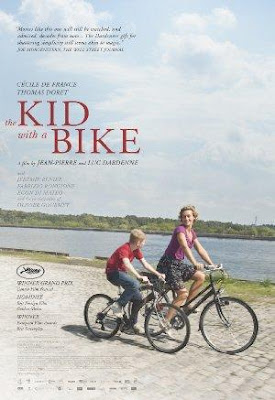209. French director Maurice Pialat’s French film “Sous le soleil de Satan” (Under the Sun of Satan) (1987) (France): Interacting with Satan when one is perplexed by the silence of God

A ny review of the film Under the Sun of Satan ought to state the following factoid upfront. When the movie was announced as the winner of the Palme d'Or at the Cannes Film Festival (with the jury declaring that it was a unanimous vote), the audience whistled when the director Maurice Pialat made his way to the stage to receive the award. Pialat's response to this was to raise his fist, replying: " I won’t be untrue to my reputation. I am, above all, happy this evening for all the shouts and whistles you’ve directed at me; and, if you don’t like me, I can tell you that I don’t like you either." That stated, this critic would have voted as the honourable jurors did, if he was hypothetically serving on that jury. It is an extraordinary film by a very important filmmaker—pugnacious and unsentimental. Pialat only made 11 feature films. Under the Sun of Satan would easily be among his best two films—the other being A Mouth Agape (1974). Pialat was critical of the Fren...
